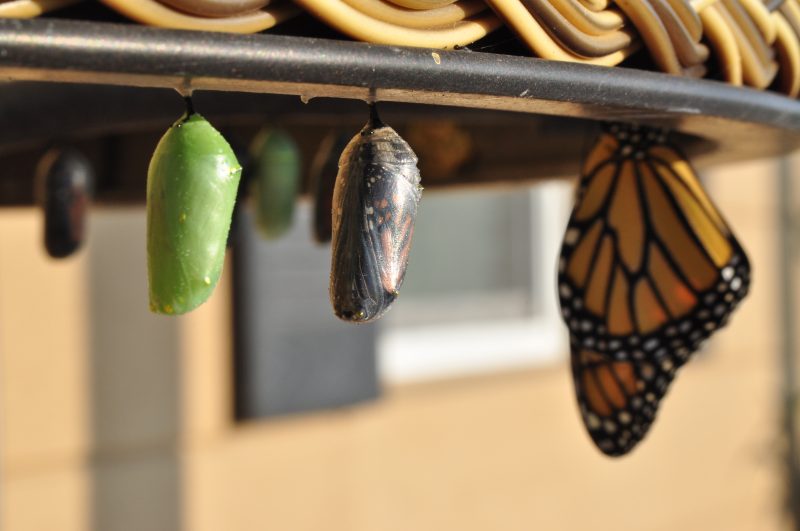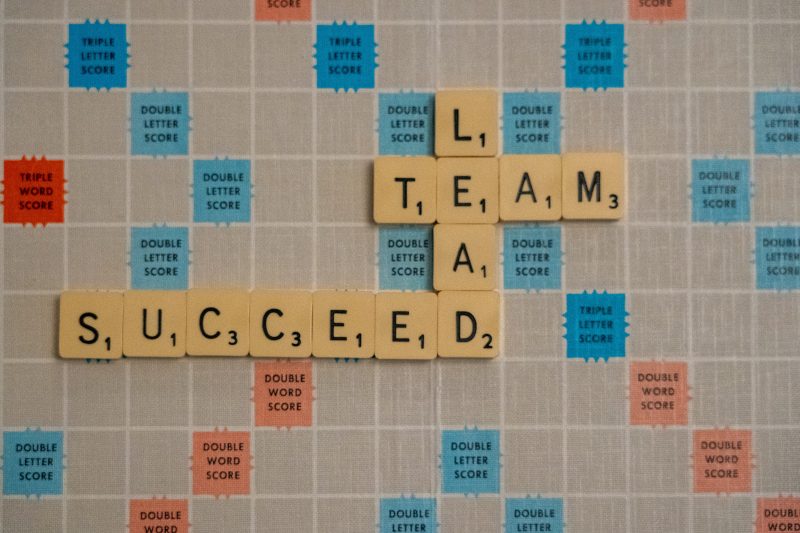TPI Shop
Explore your TPI Shop for exclusive books from TPI press, continuing education (CEs) courses, and more all designed
to help you stay ahead of the curve.
TPI Press
TPI maintains a library of books through TPI Press that are available for you to purchase to guide you in practice development needs. Members receive a discount to TPI Press books.
-
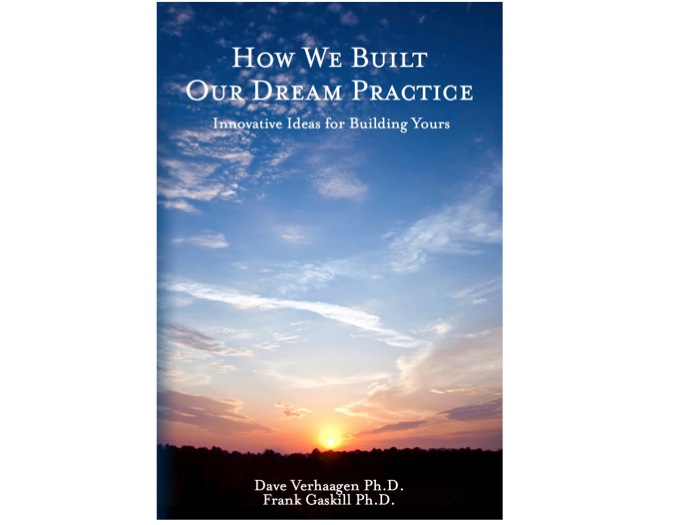
How We Built Our Dream Practice
$29.95 -

Assessment and Treatment of Dissociative Identity Disorder
$29.95 -
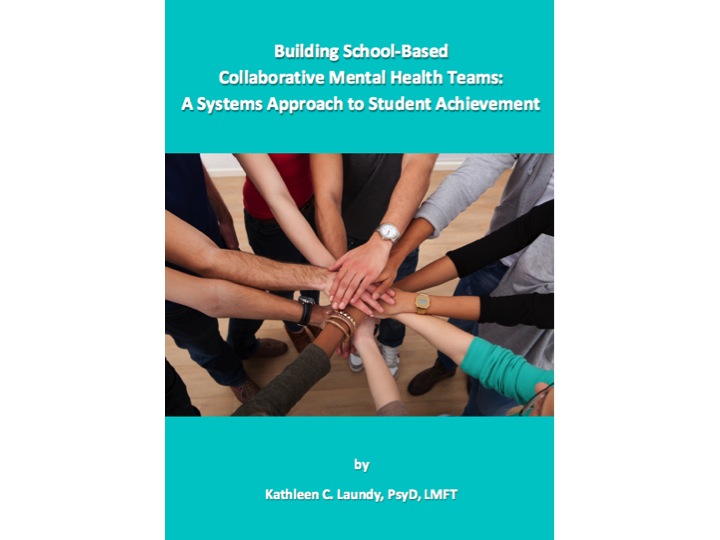
Building School-Based Collaborative Mental Health Teams
$59.95 -
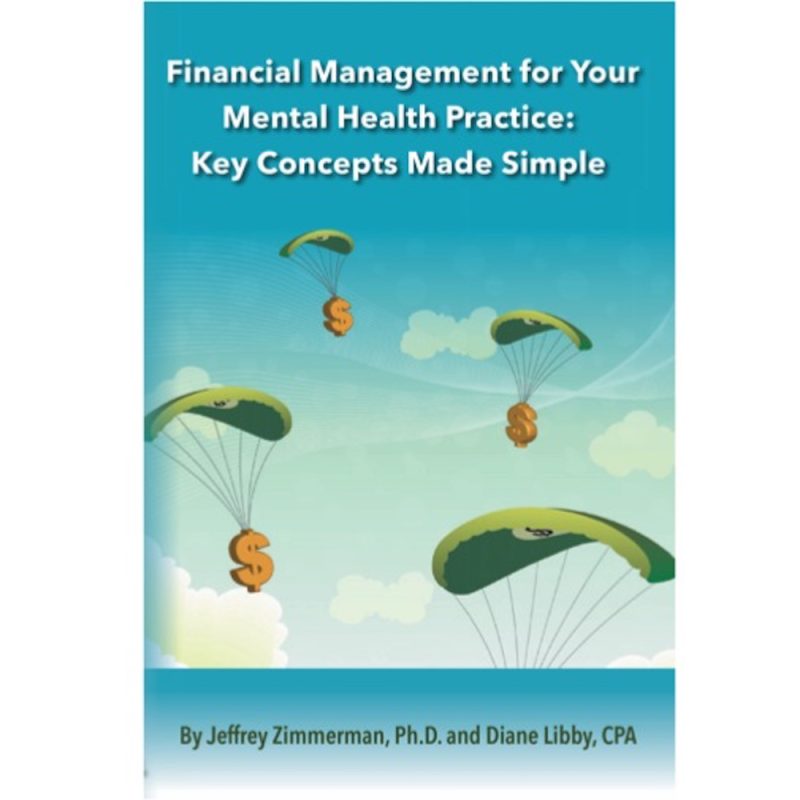
Financial Management For Your Mental Health Practice: Key Concepts Made Simple
$24.99 -
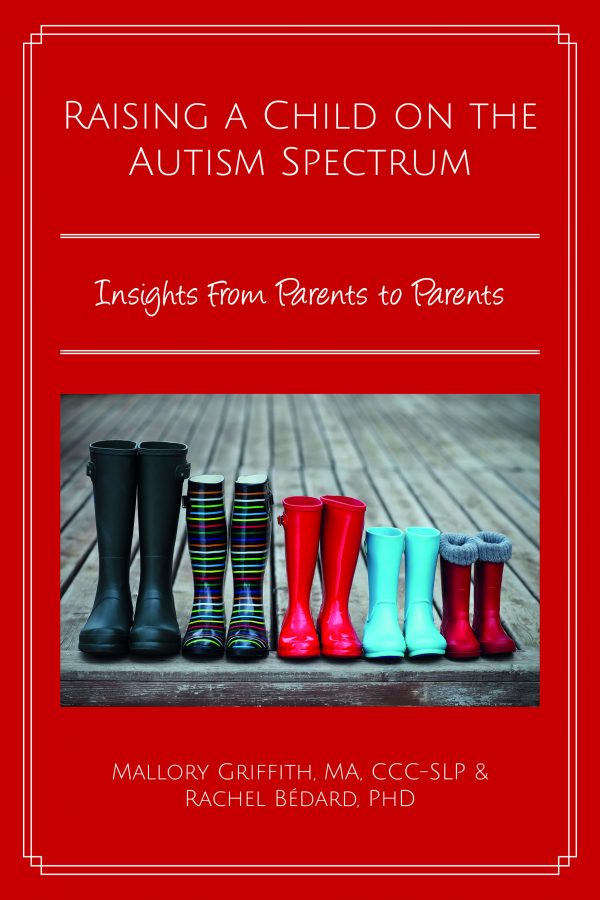
Raising A Child On The Autism Spectrum – Insights From Parents To Parents
$19.99 -
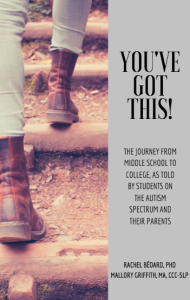
You’ve Got This! The Journey From Middle School to College, As Told By Students on the Autism Spectrum and Their Parents
$19.99 -
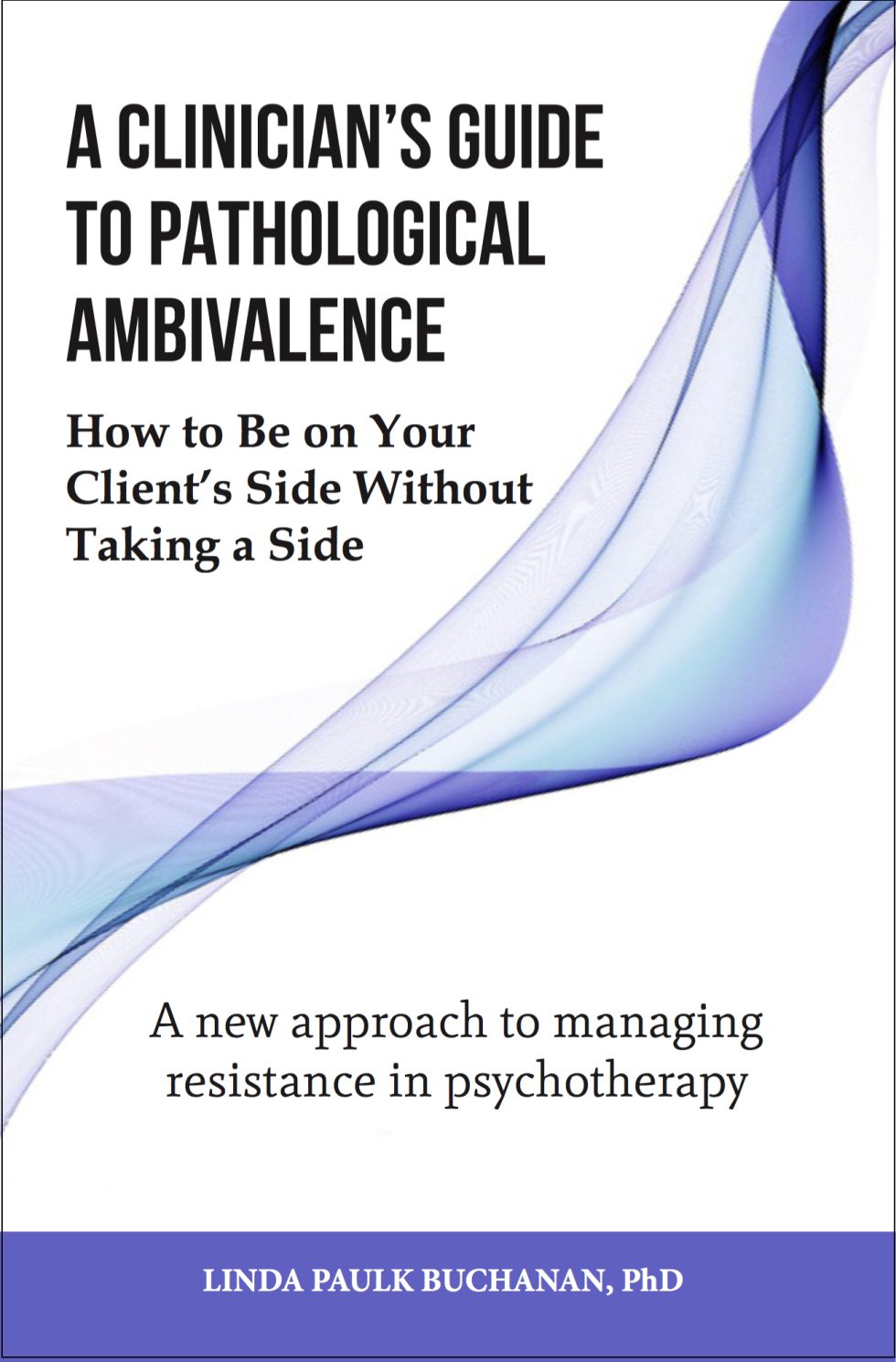
A Clinician’s Guide to Pathological Ambivalence
$37.95 -
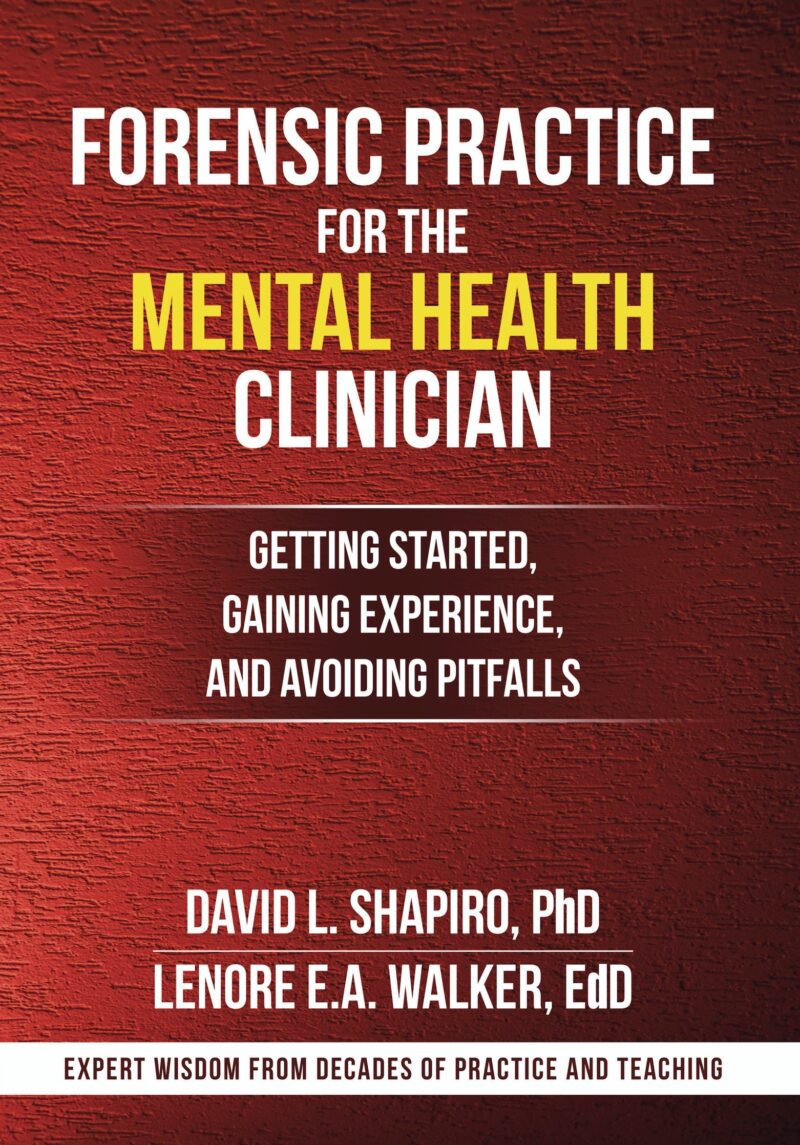
Forensic Practice For the Mental Health Clinician
$74.95


